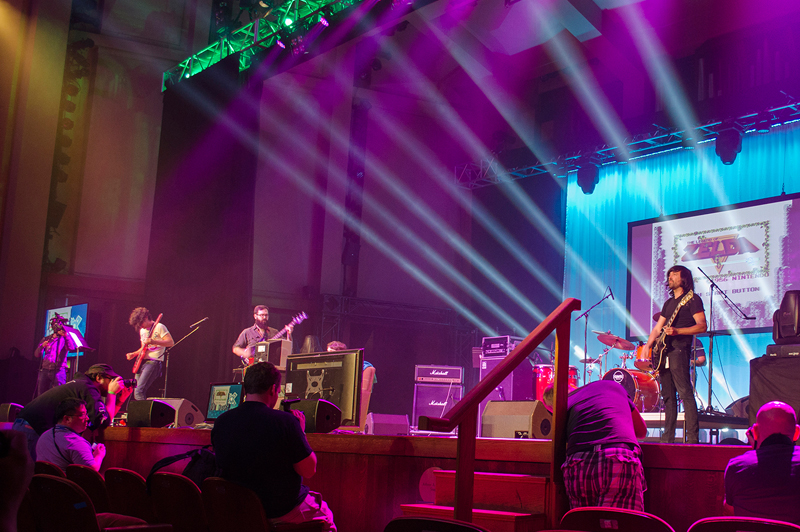His name is George Smiley, and he works for the Circus. It’s less fun than it sounds. The time is the early 1970s, the place is London, and the Circus is what Smiley (Gary Oldman) and his colleagues (including David Dencik, Colin Firth, Ciarán Hinds and Toby Jones) call the British Secret Intelligence Service, within whose upper ranks somewhere lurks a suspected Soviet double agent.
|
In Tinker Tailor Soldier Spy, former spy Smiley (played by Gary Oldman) re-enters the world of espionage to take down a Soviet agent. (Photo from Focus Features) |
This won’t do for Smiley’s boss (John Hurt), who is called Control, and who dispatches one agent (Mark Strong) for a quick peek behind the Iron Curtain. When that doesn’t go well, Control and Smiley both find themselves nudged into retirement. Soon enough, Control has expired and Smiley is put back to work. There’s still the matter of the mole. A rogue agent (Tom Hardy) has resurfaced with a new lead on that front, and Smiley enlists a young assistant (Benedict Cumberbatch) to do some spying on his fellow spies. It’s safe to say there isn’t a lot of trust going around. All the while our conspicuously bespectacled Smiley, peering through reflections, refractions and retrospections, doesn’t say much. He makes a weapon of watchful silence.
This should sound familiar. Before Tinker Tailor Soldier Spy was a movie by the Swedish director Tomas Alfredson, who last made Let the Right One In, it was a 1979 BBC miniseries, and before that a 1974 John le Carré novel. Alfredson and screenwriters Bridget O’Connor and Peter Straughan had a lot to live up to. So did Oldman; Smiley in the miniseries was perfectly played by Alec Guinness. But Oldman the impassive beholder is quite something to behold. Facing down not just the ghost of Guinness but also his own huge presence, he now somehow makes nothing look like everything.
The miniseries stretched itself out for more than five hours. The movie, a bracing distillation, is rigorously concise. (It’s also lovely, thanks to Hoyte Van Hoytema’s cinematography and Maria Djurkovic’s production design.) There’s no time to fully delineate the suspects, but the film shrewdly plays that potential deficit to its own advantage. As Smiley’s investigation swells, every possible outcome seems too obvious, and we sink into a mild malaise of anticipating anticlimax. Accordingly, the reveal finally comes…and goes.
It’s not just mistrust that lingers in the air here, it’s resignation. Hence the visual equivalence of drab bureaucracy between Smiley’s London and the entirety of the Eastern Bloc. The great challenge for Alfredson is to make weary cynicism feel lively. But he is a practiced specialist of sly tension and playing against sensationalism. And he has Oldman. How fun it is to see what the director of a sublimely subtle vampire movie now has done with a famous overplayer of Dracula. Tinker Tailor Soldier Spy isn’t so much a throwback as a cautionary tale about the soul-sucking espionage machine—immortal, apparently, yet dead inside.
/TTSS-C06-00657.jpg)





